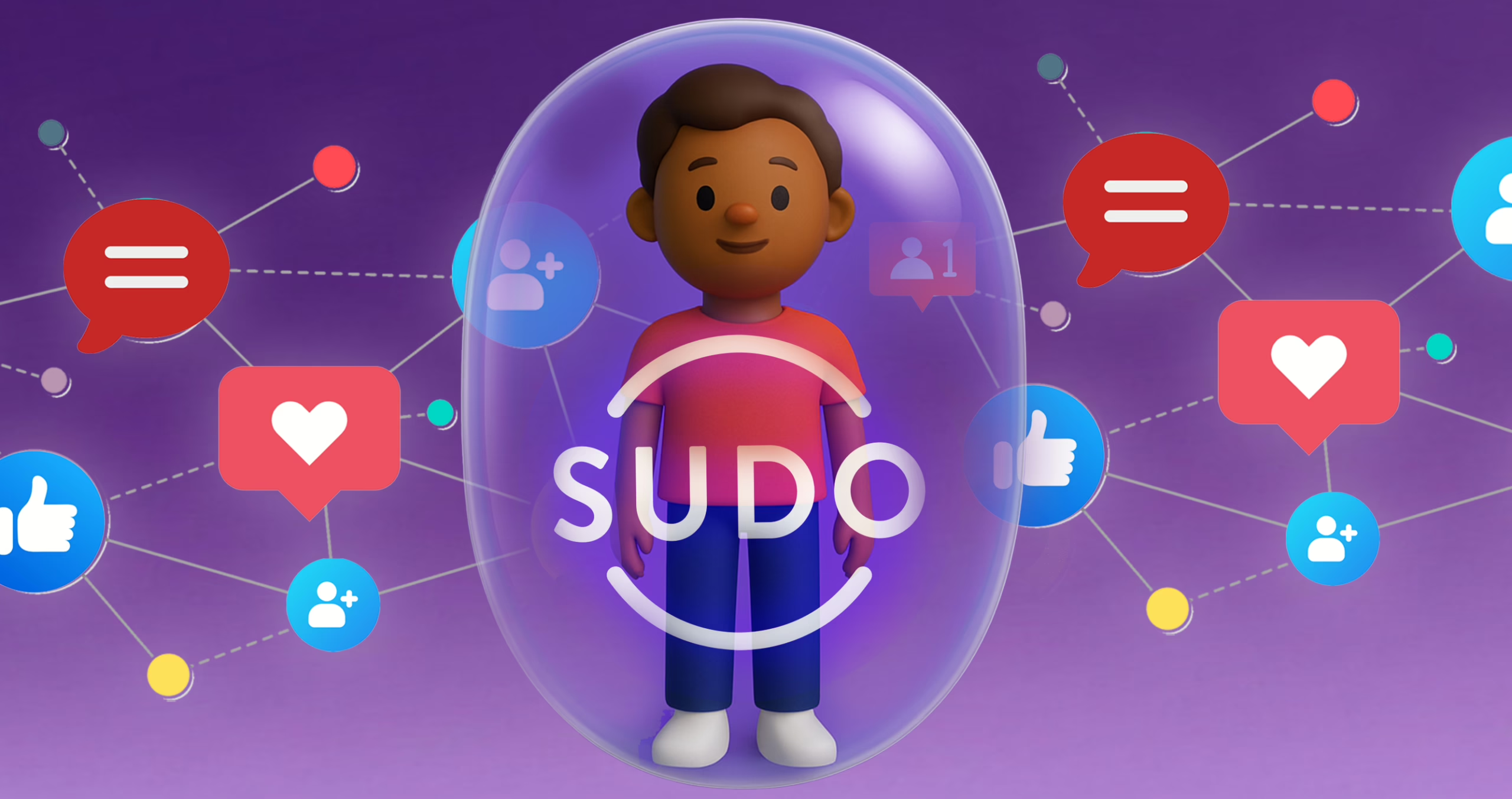When an application, like a dating site, requests personal information from its users, it is in a good position to obtain (or supply to a data broker) a broad spectrum of personally identifiable information (PII) about a user. This PII can divulge highly sensitive information about a user, such as home location, medical details, personal finances, employment information, and social relationships. This is typically information that a user would prefer to keep private. On top of this, the user is at risk of the application storing the information indefinitely and having it exposed through a data breach.
A far better approach is for a user to create digital identities, which are intentionally different to some degree from their personal identity. A digital identity can range from being slightly different (e.g., using a different phone number) to being very different (e.g., by using a different name, email address, IP address, phone number, virtual credit cards, shipping address etc.). These identities therefore protect the user’s privacy by making tracking and correlation of the user’s activities across applications more difficult.
On top of this, these digital identities allow the user to compartmentalize their activities based on a logical grouping of activities (e.g. online selling, shopping, dating, social media interactions and so on). This makes it much easier for the user to manage activities since they can keep communications and associated data related to each of the digital identities totally separate.
Importantly, users want the applications that they access with a digital identity to operate the same as they would have had they used their personal identity. For example, users researching a medical condition may want to preserve their search history, mark favorites, set bookmarks, be offered search results relevant to their previous searching, receive discount coupons for remedies, be offered new research material, or even be referred to doctors or hospitals specializing in their condition. By using a digital identity, the user can still have these benefits without losing their privacy.
Digital identities are useful across a whole host of online and offline scenarios such as dating, shopping, selling, social networking and searching. At Anonyome Labs we call these digital identities Sudos, and they’re integral to our business solutions and MySudo app.
Have you heard we offer MySudo virtual cards, so you can purchase safely too?
Photo by Jonathan J. Castellon on Unsplash



